Bringing this ‘brand new’ subject to life requires
incorporating neomillennial learning styles and new digital civic and political participation. For all teachers global competence is a crucial shift in their understanding of the purpose of education in a changing world. Since teaching global issues refer to those aspects that affect all people, they have deep implications not only for current, but for future generations. Its construct is multidimensional and it requires a combination of knowledge, skills, attitudes and values that can be applied to intercultural situations.
Intercultural situations as the key component of global competence, imply to face-to-face and/or virtual encounters with people who are perceived to be from a different cultural setting.
The students learn to understand different perspectives on burning complex global issues, and learn to see the world differently.
-
What is the worldwide experience of integrating global competence into curriculum: school practice and teachers’ voice
-
The integration of global competence into curriculum worldwide has seen varied implementation and reception among schools and educators. While some educational systems have embraced it wholeheartedly, incorporating elements such as multicultural studies, global citizenship education, and cross-cultural communication into their curricula, others have encountered challenges. Teachers' voices reflect a range of perspectives, with some expressing enthusiasm for the opportunity to broaden students' perspectives and prepare them for a globalized world, while others raise concerns about the feasibility of implementation, lack of resources, and potential clash with existing priorities. Overall, the global competence integration journey is marked by both progress and obstacles, influenced by factors such as cultural context, educational policy, and institutional support.
_1715611729088.jpg)
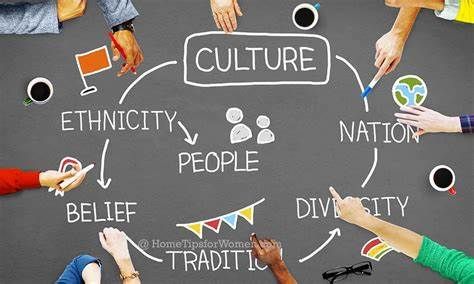
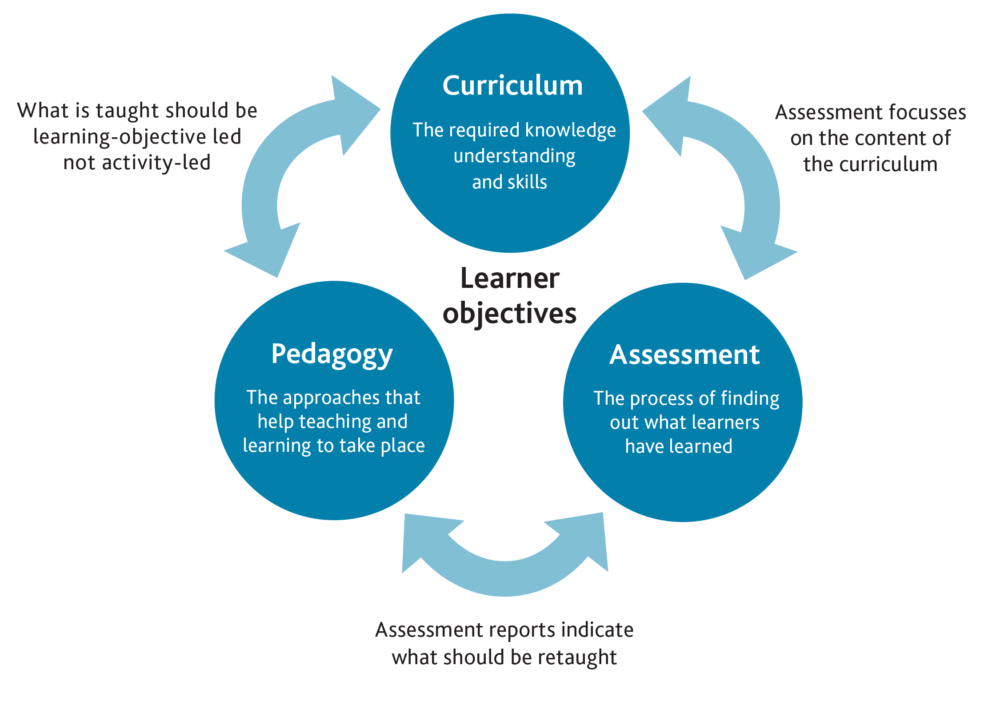
"Empowering students through engaging education, fostering environmental consciousness, and advancing scientific literacy. Committed to shaping future leaders in Life and Earth Sciences."
-
Integrating global competence into the curriculum is a vital aspect of modern education. By adapting teaching methods to neomillennial learning styles and embracing digital civic and political participation, educators prepare students to navigate a diverse and interconnected world. Understanding global issues not only impacts the present but shapes the future, emphasizing the need for a multidimensional approach encompassing knowledge, skills, attitudes, and values applicable to intercultural scenarios. Encounters with individuals from different cultural backgrounds form the essence of global competence, fostering an understanding of diverse perspectives and cultivating a more nuanced view of complex global challenges.
-
You raising a crucial issue here, thank you! Could you share your practical experience of incorporating global competence in your lessons? what objectives and aims do you set when planning them?
-
@Bousl2336873cb4
Absolutely! Apart from pedagogy, there is social and communication aspects, for instance, in our society the journalists were curious about new subject as they called it 'new subject, containing two neologism words'.
Teachera are still struggling in search of relevent resourses in the language of instruction. -
Integrating global competence into the curriculum worldwide involves a multi-faceted approach that emphasizes the importance of understanding diverse cultures, critical thinking, and effective communication across cultural boundaries. Schools are increasingly embedding global themes across various subjects, fostering skills such as empathy, adaptability, and problem-solving in a global context. This integration often includes international projects, language learning, and the use of technology to connect students globally. Teachers play a crucial role in this process, and their voices highlight the need for professional development, resources, and support to effectively teach global competence. They advocate for a curriculum that not only meets local standards but also prepares students to thrive in a globally interconnected world. Challenges include balancing global and local priorities, addressing resource limitations, and ensuring that all educators are equipped to deliver this comprehensive education.
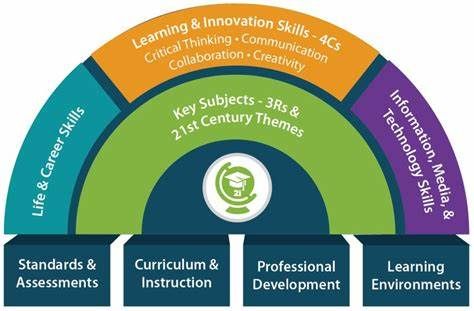
"Empowering students through engaging education, fostering environmental consciousness, and advancing scientific literacy. Committed to shaping future leaders in Life and Earth Sciences."
-
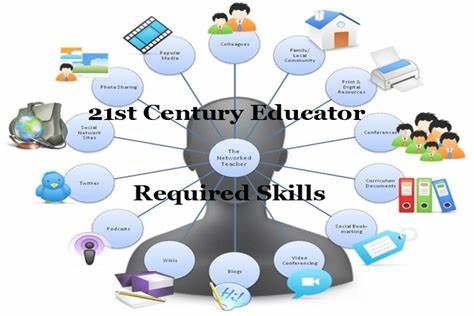
Integrating global competence into curricula worldwide involves embedding knowledge, skills, attitudes, and values essential for understanding and acting on global issues. Schools use various approaches, such as project-based learning, interdisciplinary methods, and partnerships with international organizations. Teachers play a crucial role by employing culturally responsive pedagogies and continually developing their professional skills. However, challenges like limited resources, insufficient training, and rigid curricula hinder effective integration. Teachers advocate for more support, resources, and flexible policies to better incorporate global competence into education【5†source】【6†source】.
"Empowering students through engaging education, fostering environmental consciousness, and advancing scientific literacy. Committed to shaping future leaders in Life and Earth Sciences."
-
Dear colleagues!
This topic is of great professional interest.I would appreciate your opinion on the following: if we were to organise an online meeting on this topic (regarding practical experience with incorporating global competence into lessons), would you be interested in joining this meeting?
Thank you for your consideration and I will be grateful for your reactions!
-
Thank you very much for all your complements Ms. Anastasia, regarding the meeting; I'm really busy these last few days because of the end of year exams.
Thank you for your confidence"Empowering students through engaging education, fostering environmental consciousness, and advancing scientific literacy. Committed to shaping future leaders in Life and Earth Sciences."
-
@Bilim Absolutely! Incorporating neomillennial learning styles and fostering new digital civic and political participation are essential for bringing the study of global issues to life. As educators, developing global competence is vital in our evolving world. This competence involves equipping students with the knowledge, skills, attitudes, and values necessary to navigate and address complex global issues that impact everyone, now and in the future.
Intercultural experiences, whether face-to-face or virtual, are crucial for building this competence. These encounters allow students to engage with diverse perspectives and develop a deeper understanding of different cultural settings. By exploring these varied viewpoints, students learn to see the world in a more nuanced way, enhancing their ability to address and understand global challenges. This multidimensional approach not only broadens their horizons but also prepares them to be informed, empathetic global citizens.
-
In addition to your involvement in integrating global competence into curriculum, your experience with Microsoft adds another layer of expertise to the table. Your achievements, such as the trophies you earned through Microsoft's training programs, demonstrate your commitment to enhancing educational practices through technology and innovative teaching methodologies.
For instance, your completion of the "21st Century Learning Design" trophy showcases your proficiency in leveraging digital tools to foster critical thinking, collaboration, and creativity among students, all of which are essential components of global competence. Similarly, your attainment of the "OneNote Teacher Academy" trophy highlights your expertise in utilizing digital note-taking platforms to facilitate personalized and interactive learning experiences, which can enhance students' cross-cultural communication skills and global awareness.
Furthermore, your participation in Microsoft's training programs underscores your dedication to continuous professional development and your willingness to embrace new technologies and pedagogical approaches to enhance your students' learning outcomes. By integrating your expertise in educational technology with your efforts to promote global competence, you are contributing to the creation of inclusive and forward-thinking learning environments that prepare students to thrive in an interconnected world.
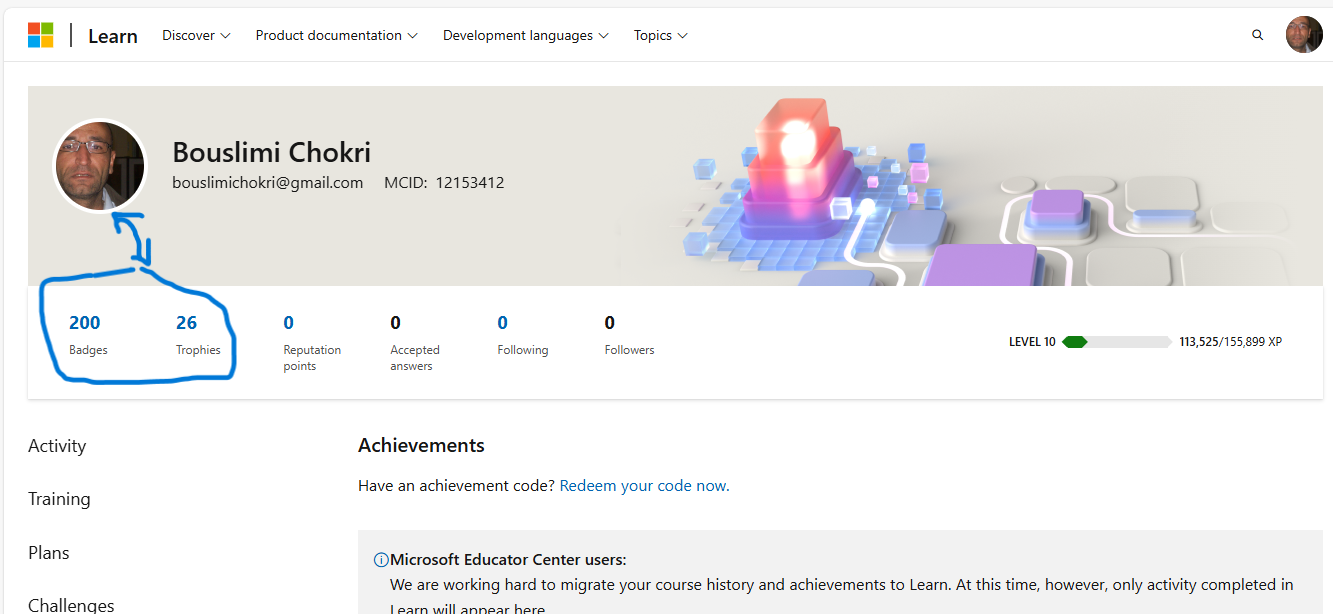
"Empowering students through engaging education, fostering environmental consciousness, and advancing scientific literacy. Committed to shaping future leaders in Life and Earth Sciences."
-
Here are some of the trophies ( Toal 20) I got with Microsoft-Learning:
"Empowering students through engaging education, fostering environmental consciousness, and advancing scientific literacy. Committed to shaping future leaders in Life and Earth Sciences."
-
This is my Transcript in web site of :
https://learn.microsoft.com/en-us/users/bouslimichokri-0290/transcripthttps://learn.microsoft.com/en-us/users/bouslimichokri-0290/transcript/d503c3o93kjn11v
Let's learn for life
Chokri From Tunisia"Empowering students through engaging education, fostering environmental consciousness, and advancing scientific literacy. Committed to shaping future leaders in Life and Earth Sciences."
-
Microsoft's Technology Literacy for Educators program is designed to equip educators with the skills and knowledge necessary to integrate technology effectively into teaching and learning in the 21st century. The program offers a comprehensive curriculum covering digital literacy, coding, productivity tools like Microsoft Office 365, and concepts such as cloud computing and data privacy. It emphasizes student-centered learning, personalized instruction, and the use of technology to foster creativity, collaboration, critical thinking, and problem-solving skills. Professional development resources, including online courses and communities of practice, help educators stay updated on best practices. The program also emphasizes accessibility and inclusivity, encourages the integration of Microsoft tools like Teams and OneNote, and has a global reach, providing support to educators worldwide. Overall, it aims to prepare educators to create engaging and effective learning experiences that prepare students for success in an increasingly digital world.
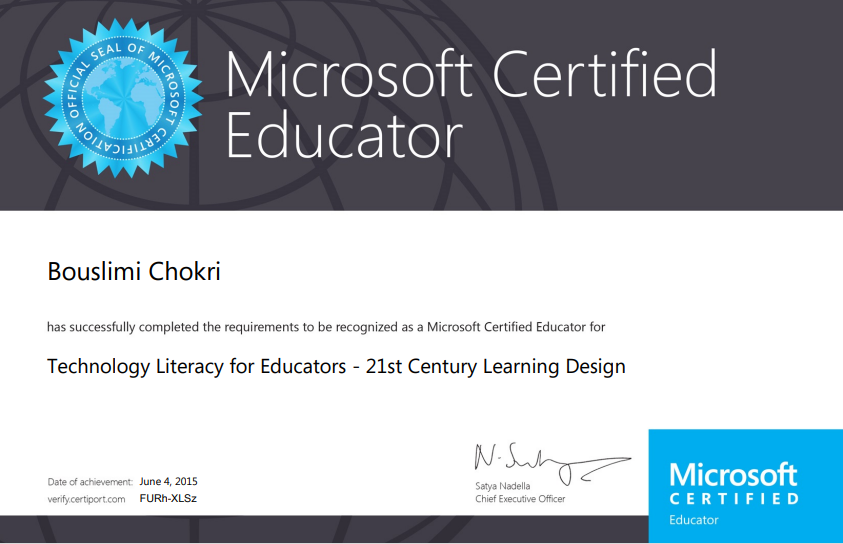
"Empowering students through engaging education, fostering environmental consciousness, and advancing scientific literacy. Committed to shaping future leaders in Life and Earth Sciences."
-
@Bilim
Other topics: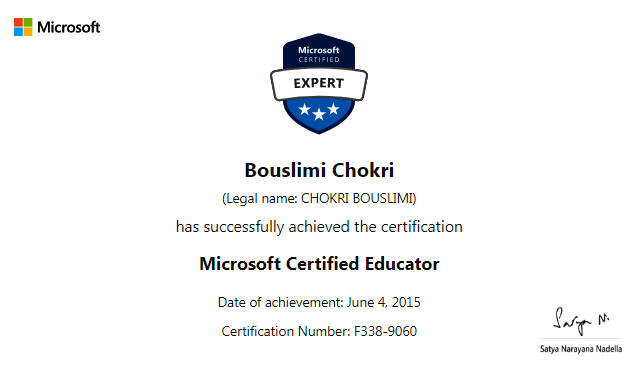
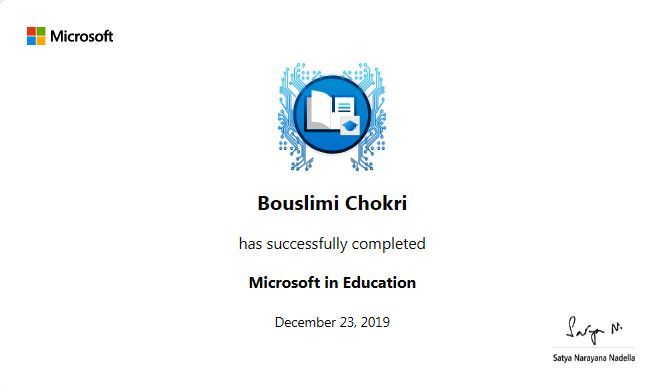
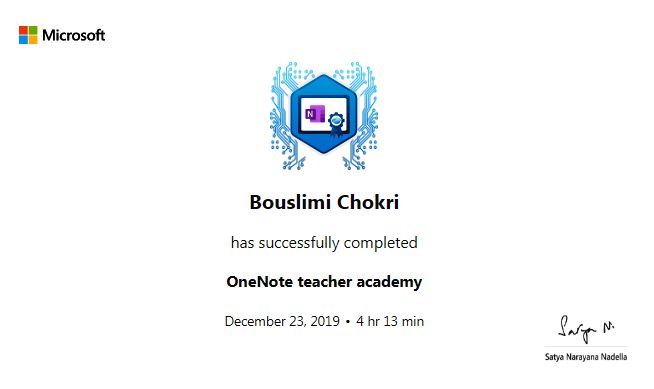
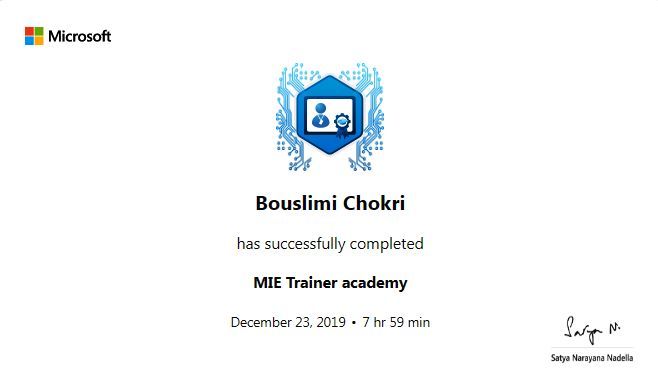
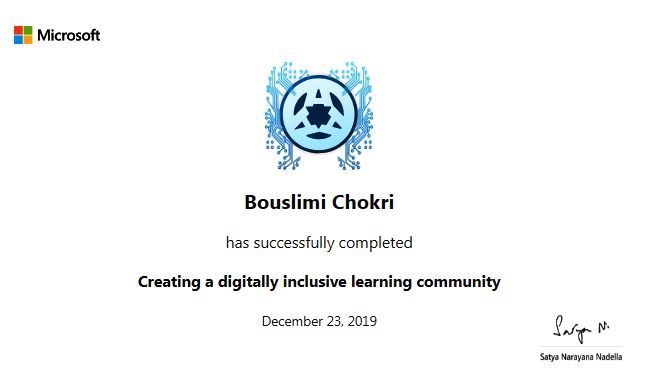
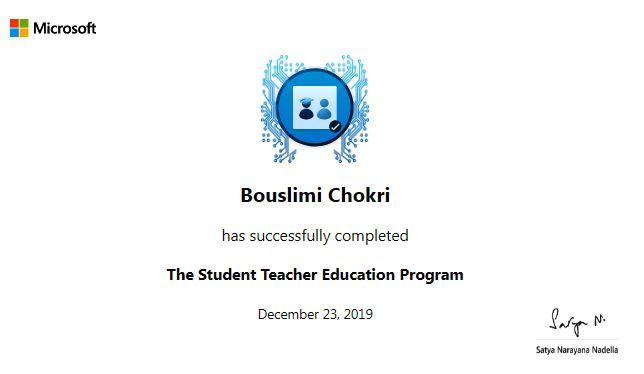
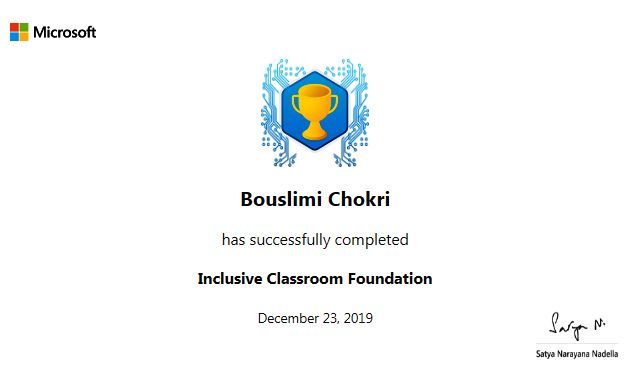
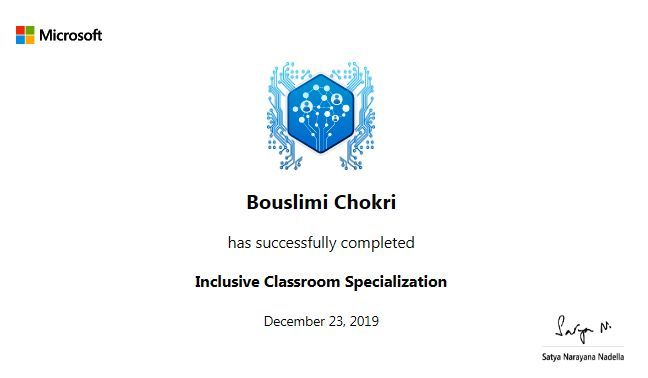
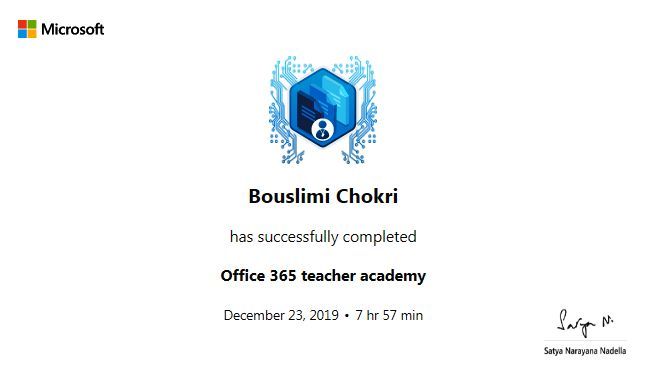
"Empowering students through engaging education, fostering environmental consciousness, and advancing scientific literacy. Committed to shaping future leaders in Life and Earth Sciences."
-
In integrating global competence into life science lessons, such as human immunity, it's essential to set clear objectives and aims. Start by emphasizing the interconnectedness of health challenges globally, aiming to develop students' awareness of the impact of diseases beyond borders. Foster cross-cultural understanding by incorporating case studies that highlight how cultural practices influence health outcomes and responses to diseases. Encourage critical thinking through analyzing global health data, evaluating the effectiveness of interventions, and proposing evidence-based solutions to combat diseases like pandemics. Promote communication skills by facilitating discussions on the ethical dilemmas of vaccine distribution or the importance of health education in diverse communities. Finally, empower students to take action by designing projects that address local health disparities or advocate for equitable access to healthcare resources, thereby nurturing them as informed and proactive global citizens within the realm of life sciences and beyond.
"Empowering students through engaging education, fostering environmental consciousness, and advancing scientific literacy. Committed to shaping future leaders in Life and Earth Sciences."
-
@Bousl2336873cb4
Real life lessons are undoutedly effective. For instance, international global competence asssessment PISA-2018 was inspired by SDGs of UN. Hopefully, this vision become real in today's classrooms worldwide meaning that we all need to live together sustainably. Because today’s learner is engaged in diverse online networks and communities that shape the way information is received, understood and utilized. Their interest, passion, life experience should be linked to academic achievements. -
Real-life lessons in education, also known as experiential learning, offer invaluable benefits to students. By engaging directly with real-world situations, students find their learning experience more relevant and engaging, fostering a deeper understanding of concepts. These hands-on experiences promote active participation and enhance retention, as students remember information better when they've experienced it firsthand. Moreover, real-life lessons cultivate critical thinking and problem-solving skills by challenging students to analyze, decide, and solve problems within authentic contexts. Beyond academics, students develop essential life skills such as communication, collaboration, and adaptability, preparing them effectively for future challenges. Through collaboration, interaction, and exposure to diverse perspectives, students also experience emotional and social growth. Ultimately, integrating real-life lessons into education empowers students with the practical knowledge and skills necessary for success both inside and outside the classroom, shaping them into well-rounded individuals ready to tackle the complexities of the real world.
"Empowering students through engaging education, fostering environmental consciousness, and advancing scientific literacy. Committed to shaping future leaders in Life and Earth Sciences."
-
I'm also a Microsoft Certified Educator and that transform my professional life few years ago. Every school year I make a promise to create an innovative project to showcase AT for SPED. Happy to be at the same teacher community to change the way education transform lives through technology.
Best,
Mr. Bryan -
@BRYANb8875625e5 said in What is the worldwide experience of integrating global competence into curriculum: school practice and teachers’ voice:
change the way education transform lives through technology.
In the 21st century ,Digital tools facilitate collaboration among students, educators, and experts worldwide. Virtual classrooms, video conferencing, and online forums promoting global connections and diverse perspectives.